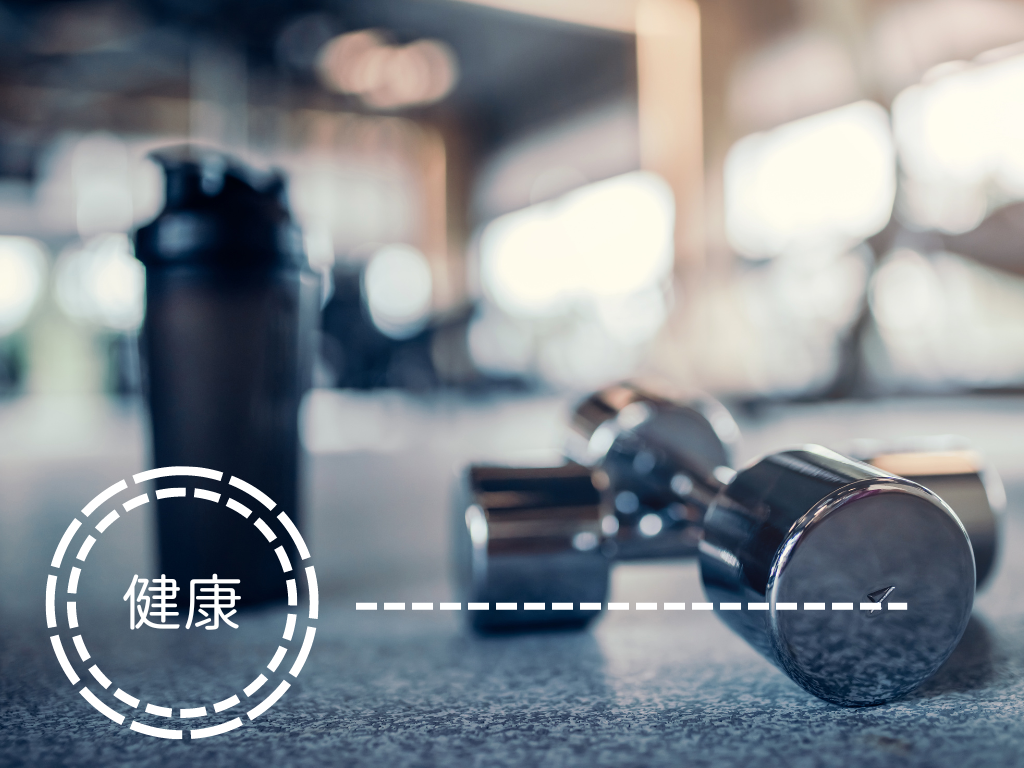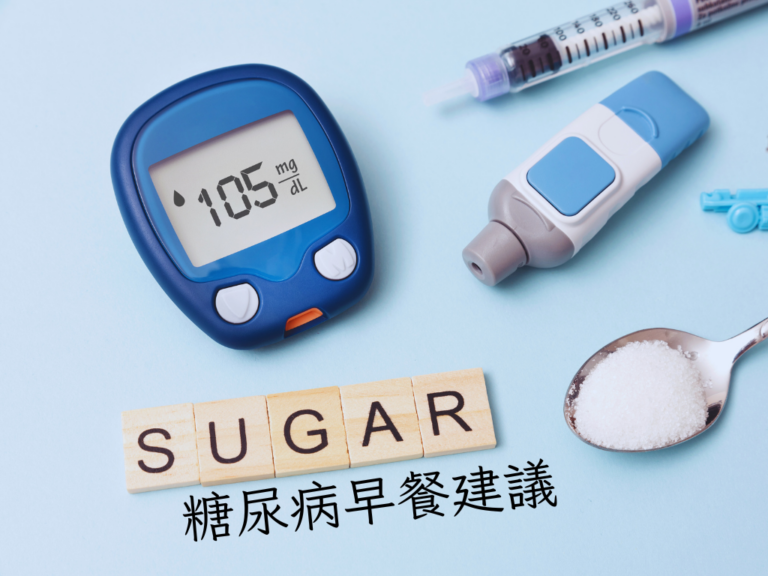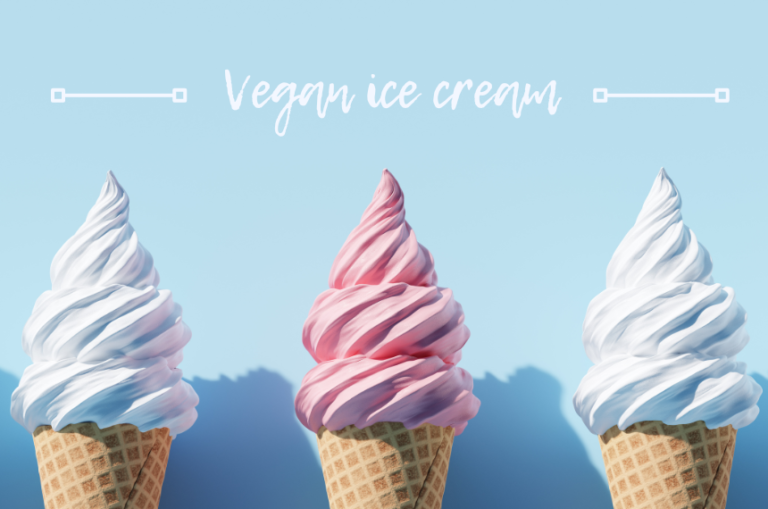Your basket is currently empty!
Diet and exercise complement each other when it comes to health. When and what you eat are crucial for the effectiveness of your workouts, leading to a healthier body. Whether you're engaging in light exercise or preparing for a competition, or even if you don't exercise much on a regular basis, there are certain dietary requirements to consider. Here are some dietary tips:
- Exercising after Breakfast
Exercising before or after breakfast each has its pros and cons. Let's first discuss exercising after breakfast.
It is recommended to eat before exercising to prevent feeling sluggish or dizzy during your workout. If you plan to exercise immediately after breakfast, at least have a nutritional drink. This can help prevent stomach discomfort since your digestive system is active after breakfast. Exercising on an empty stomach may lead to stomach issues or nausea, and consuming a nutritional drink can provide a buffer for your body. Additionally, exercise depletes a lot of fluids, so drinking a nutritional drink can help prehydrate and reduce the risk of dehydration during exercise.
2. A Satisfying and Balanced Meal
Studies show that a moderate amount of carbohydrates can help you endure longer or maintain higher intensity, with about 20 grams of protein aiding in muscle building. Eating a meal rich in nutrients an hour before exercise can help you stay energized during your workout.
Great breakfast options include:
A piece of salmon, 150g of edamame, or 3 eggs.
A small pack of unsalted nuts or seeds.
A slice of whole-grain oat or bread.
A cup of low-fat milk.
A cup of unsweetened and diluted fruit juice.
A banana.
A cup of yogurt.
Concentrated coffee.
Remember, a satisfying meal doesn't mean consuming a large quantity. As a general guideline:
Eating too much before exercise can make you feel sluggish, yet eating too little may not provide you with the energy needed during exercise. The above recommendations are for around 200 calories of low to moderately glycemic load.
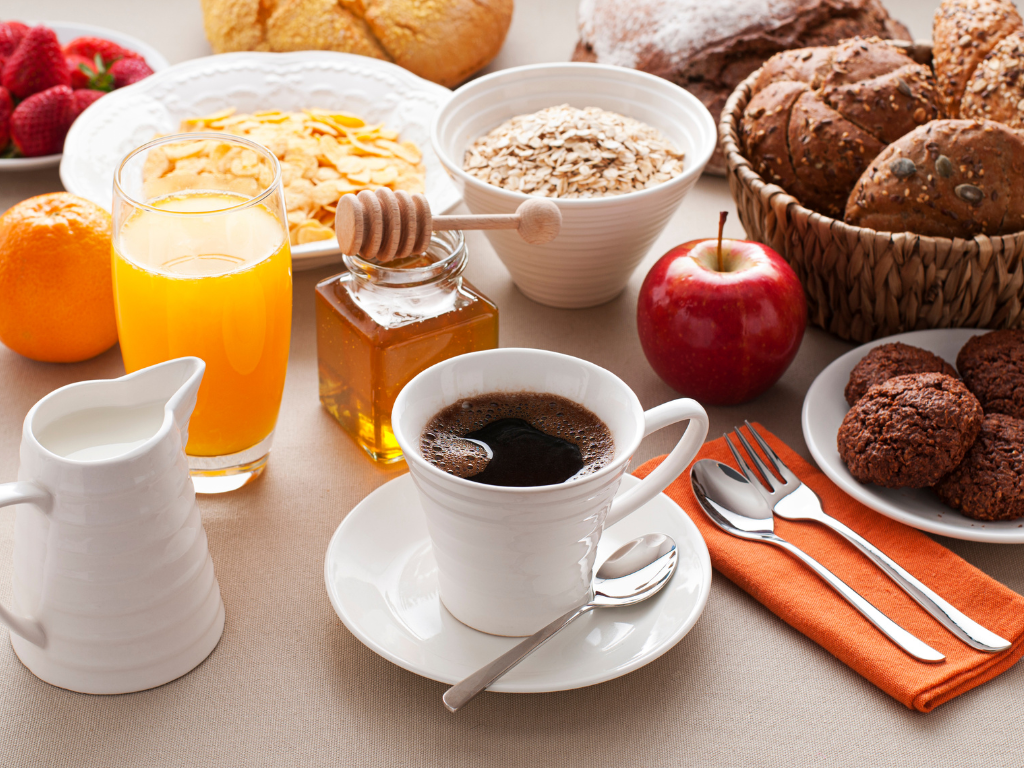
3. Snack Wisely
Most people snack before and during exercise. If your workout is less than 60 minutes, snacking before exercise might not provide extra energy, but it can help ward off hunger. If your workout lasts more than 60 minutes, consuming carbohydrate-rich foods or drinks during exercise might be beneficial (around 50g of carbohydrates and whey protein). Good snack options include:
Energy bars
A banana, an apple, or other fresh fruit.
Low-fat granola bars.
Peanut butter sandwiches.
4. Post-Workout Meal!
The question of whether to eat after exercise has been a common dilemma for many. It's best to wait 15 to 30 minutes after exercise to allow your body to enter the recovery mode, enhancing nutrient absorption. If possible, have a meal containing carbohydrates and protein but low in fat within an hour or two after exercise. Eating post-workout can aid muscle recovery and replenish liver glycogen reserves.
Avoid foods like steak, fried chicken legs, doughnuts, ice cream, and the like.
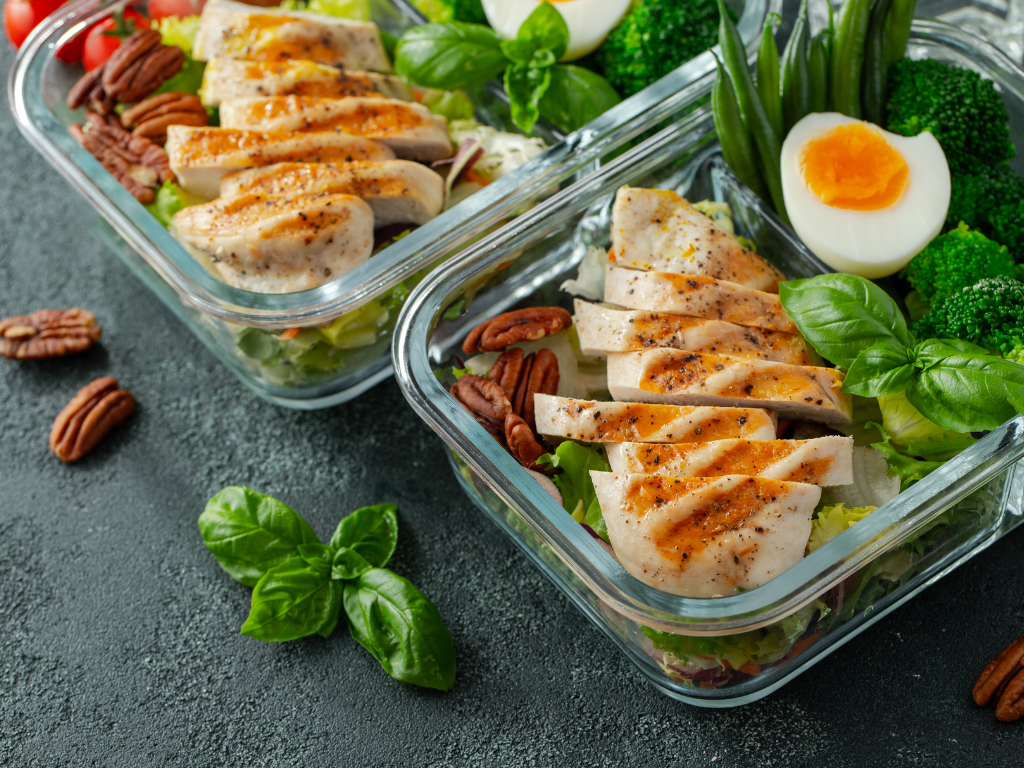
5. Hydration During Exercise
It's essential to drink plenty of water to replenish lost fluids and prevent dehydration.
Drink about 2 to 3 cups (473 to 710 ml) of water within 2 to 3 hours before exercise.
For every pound (0.5 kg) of body weight lost during exercise, drink about 2 to 3 cups (473 to 710 ml) of water post-workout.
For every pound (0.5 kg) of body weight lost during exercise, drink about 2 to 3 cups (473 to 710 ml) of water post-workout.
Water helps replenish lost fluids. If you exercise for over 60 minutes, you can also opt for sports drinks to help maintain electrolyte balance.
These are some dietary tips for you to consider. Of course, individual circumstances may vary, and there are no hard and fast rules. These are simply guidelines to consider.
